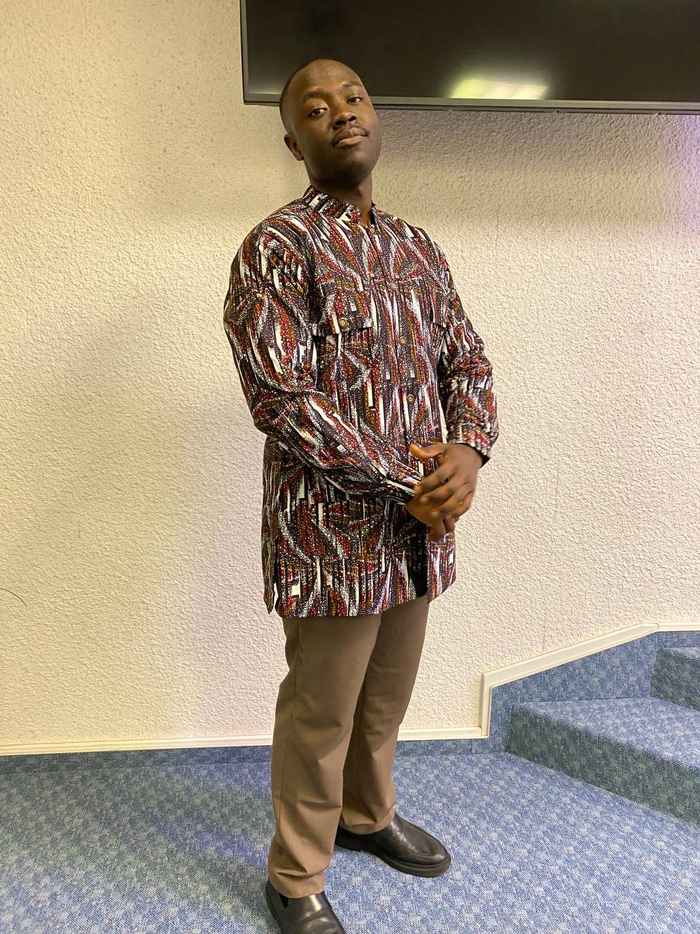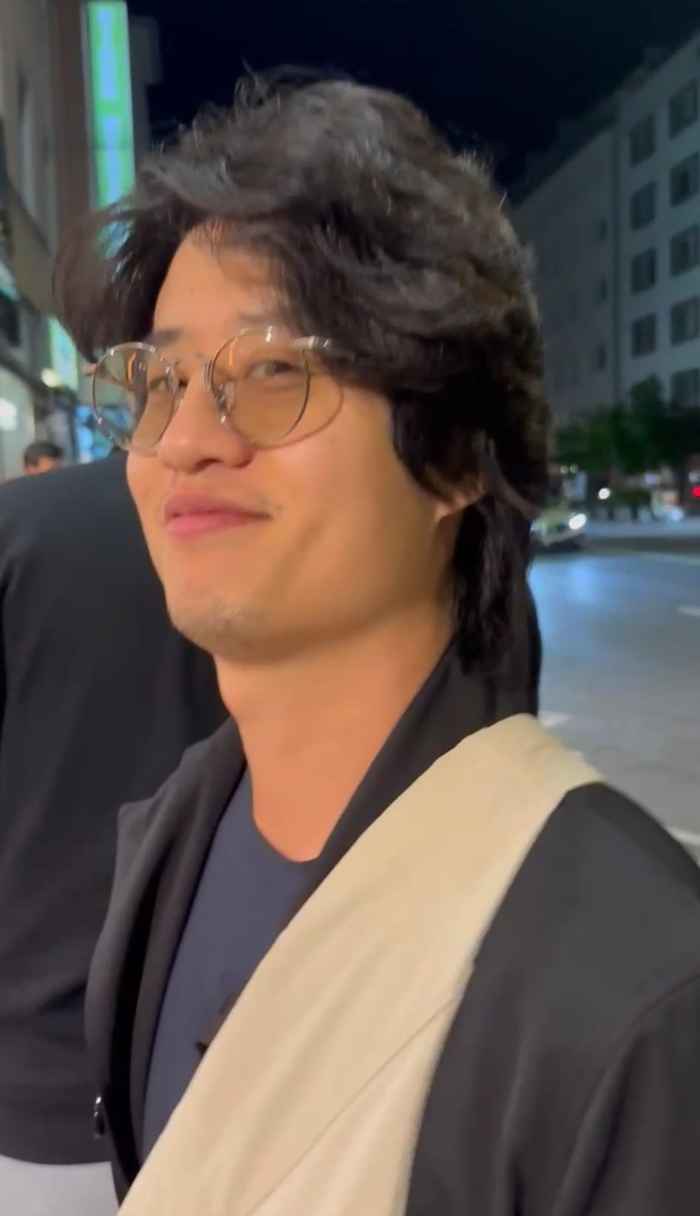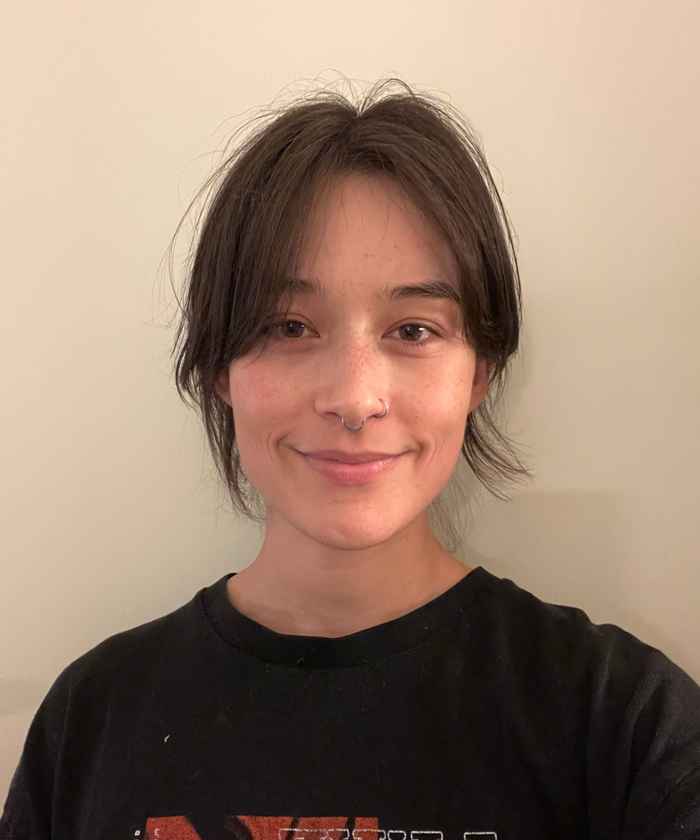ACLC introduces new members
24 July 2025

Kwaku Ofosu Sasu - PhD
I am currently a Doctoral Researcher at Goethe University Frankfurt, where I work on the Negation in Language and Beyond (NegLab) project. This is a broad, interdisciplinary initiative that investigates the role of negation in various fields of linguistics. I am a member of Subproject B03, which studies syntactic approaches to negation and its interaction with other grammatical categories and elements.
My research focusses on syntax in African languages. I am deeply committed to using the academic platforms and opportunities at my disposal to contribute to the linguistic and intellectual advancement of the African continent.
Beyond linguistics, I have a variety of interests, including music production, DJing, and cooking. In my free time, I enjoy sports and anime.
I am really looking forward to my time in Amsterdam. I've heard nothing but good things about the city, which has only increased my expectations. I hope that this experience will provide me with new academic insights and connections, as well as the opportunity to contribute meaningfully to our collaborative efforts.

Aholi So - PhD
Born in Amsterdam, and after studying in Leiden and (still) working in The Hague, I found myself back in Amsterdam. In the capital city of the Netherlands, crowded with a city of bicycles, and a mosaic of cultures, I continue my academic journey about something that is near and dear to me. Growing up as Dutch of Cantonese descent, I could not escape Chinatown, the many dimsum places, and weekends at the much dreaded Chinese school. When I moved to Leiden for my studies in China Studies and later the Research Master in Asian Studies, something hit me. The transition from the buzz of Amsterdam to the more modest rhythm of a smaller Dutch city made me notice things I once took for granted—the casual diversity of people with a migration backgroun, authentic Chinese food, and even the comforting abundance of tokos (there was only one in Leiden). Yet, it was in this new environment that something else quietly began to take root: my interest in teaching, research and inclusion and diversity. While teaching courses on Mandarin and modern China during COVID-19, I began to feel the weight of a strange absence.
My heritage language, Cantonese—once so present in my upbringing—was barely present, let alone valued, in my daily life as well as the academic and educational spaces I found myself in. Mandarin,Putonghua or guoyu/gwokjyu, the national language of the People’s Republic of China, dominated the narrative. Slowly, I noticed that even parts of my childhood were disappearing right before my eyes—less and less Cantonese being spoken in the places where I once couldn't escape from. To my surprise, I stumbled across academic discussions on cultural heritage and language maintenance. For the first time, I saw fragments of my own experience reflected in scholarship. But something was still missing — stories like mine and like those of others who grew up navigating between languages, cultures, and belonging were scarcely found in the Dutch context.
Coming back to Amsterdam, my PhD project is my way of writing those stories into existence. With the support of the Mosaic Scholarship and a great supervison team, I enquire about the lived experiences of people of Chinese descent in the Netherlands, focusing on their relationship with non-Mandarin Sinitic heritage languages like my own. What can researchers and heritage professionals learn from the Chinese communities of experience experts? This is the question I intend to answer—not just through data, but through dialogue and stories that deserve to be heard here too.

erynn young - PhD
My name is erynn young and I am originally from around Los Angeles, California, in the US. After completing my undergraduate studies in French, I worked for several years in New York in the fashion industry. I moved to the Netherlands 4 years ago (Ik probeer om Nederlands te leren. Dat is makkelijker gezegd dan gedaan!) to pursue my research master's degree in Linguistics & Communication at UvA and now I am continuing this research in my PhD.
My PhD will explore algospeak on TikTok, strategic multimodal communication manipulation to avoid censorship by algorithmic content moderation systems. This project will specifically investigate the bidirectional flow of effect between users and multimodal algospeak, emphasizing how users' identities/positionalities impact algospeak use and vice versa. It aims to illuminate how differentially positioned users shape algospeak by revealing how algospeak contributes to the (re)marginalization of users that are (re)made digitally vulnerable thanks to TikTok's content guidelines, its conceptualizations of inappropriate content, and the material demands of algospeak communication across modalities. This work will hopefully provide insight into the complex interplay between language practices, identities and positionalities, and communication-platform technologies and how marginalized users are often collateral damage in practices of moderation and resistance.